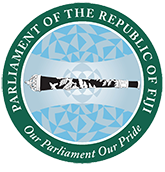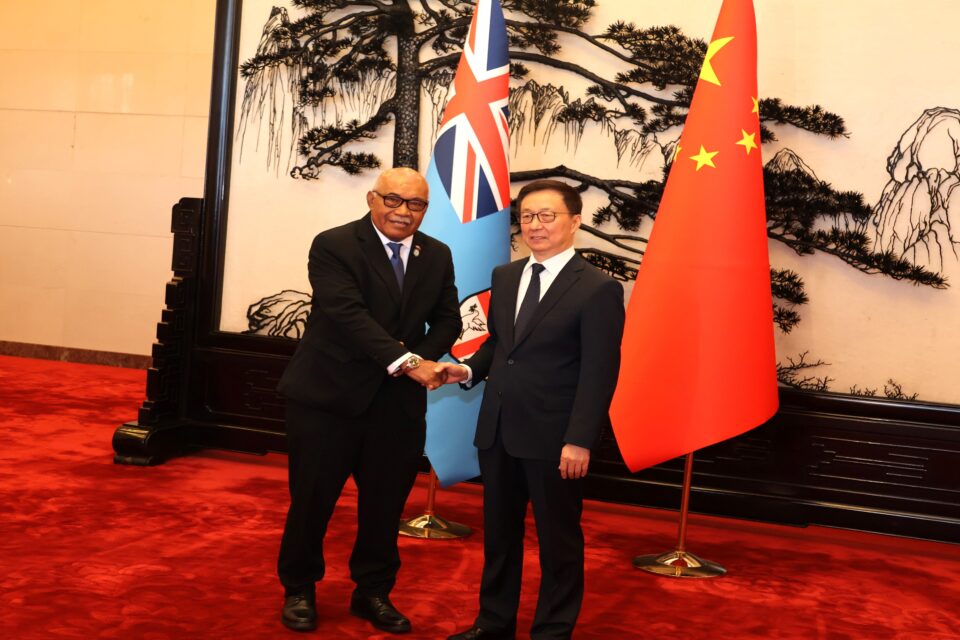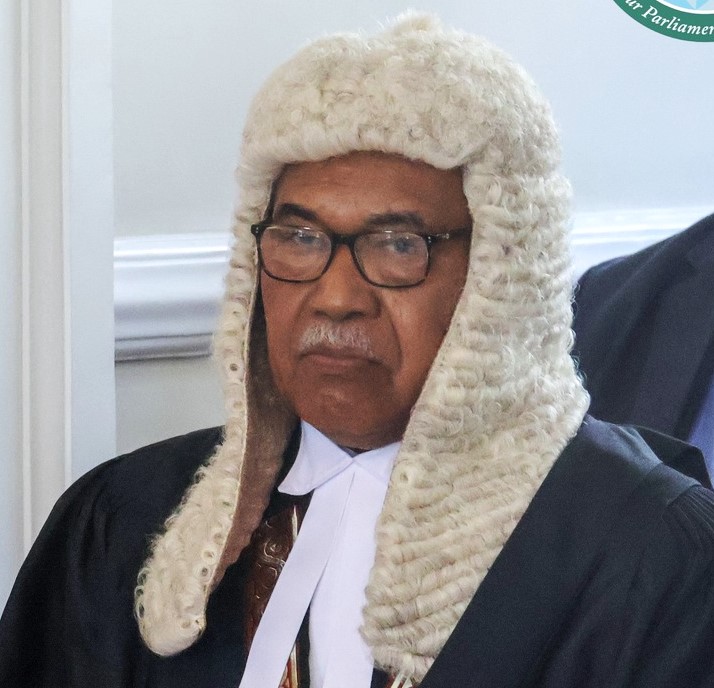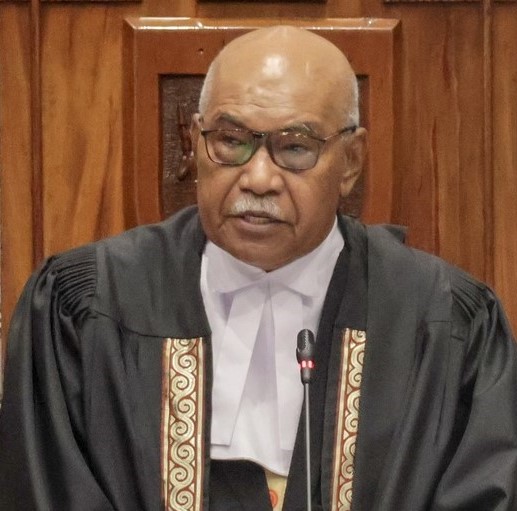Pacific women representation in Parliament highlighted in IPU publication
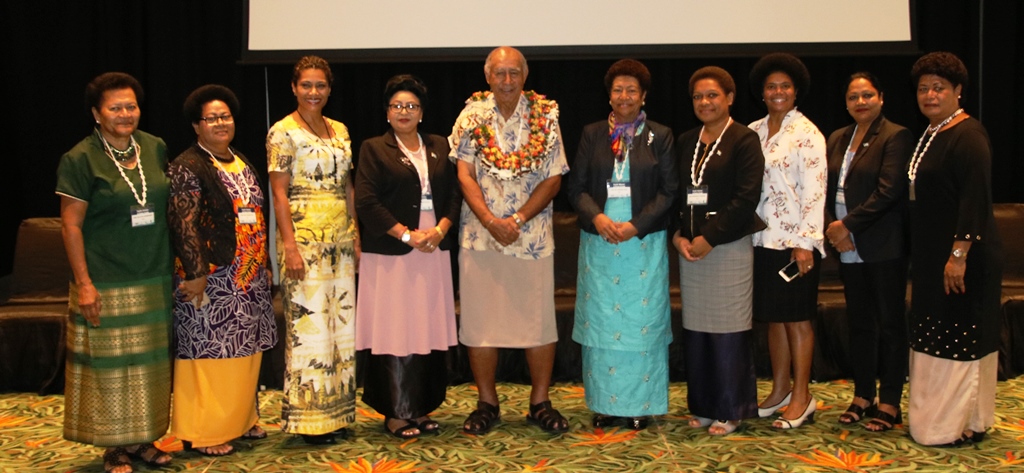
Women representation in parliaments globally has more than doubled in the past 25 years, reaching 24.9 percent in 2020, up from 11.3 in 1995. However, women’s parliamentary representation in the Pacific region has been historically low.
This was highlighted in the publication, ‘Women in Parliament – 1995-2020 – 25 years in review’, published by the Inter-Parliamentary Union (IPU).
“Since 2010, the Pacific has come bottom of the global list, behind the Middle East and North Africa (MENA) regions. And despite substantial gains in a number of Pacific countries over the past 25 years, it remains the only region in the world to have a number of parliaments without any women members. These include Papua New Guinea, Vanuatu and the Federated States of Micronesia.
“In 1995, 10 countries – spanning all regions except Europe – had no women at all in their single or lower houses of parliament. In 2015, this trend was still observable in the Pacific and MENA regions.”
The report also highlighted Fiji’s women representation in Parliament over the past 25 years and the appointment of the first woman Speaker.
“In Fiji, women’s representation has grown significantly in the past 25 years, from 4.3 per cent in 1995 to 19.6 per cent in 2020.
“At the most recent elections held in 2018, women were key players as both voters and candidates. The election saw women take a record number of seats in parliament, due in part to an increase in the number of female candidates: 56 women stood in 2018 (23.8 per cent of candidates), up from 44 in 2014 (17.8 per cent).”
“The 2014 appointment of Fiji’s first female Speaker was almost certainly an influencing factor. The Speaker was considered a role model and encouraged more women to become engaged in political life. She introduced a mandate to mainstream gender equality in the standing orders of parliament. She also laid the groundwork for the establishment of a women’s caucus, which eventually came into being in 2019, bringing together female parliamentarians from across the political spectrum to advance gender equality.”
A number of barriers were highlighted in the report as contributing factors to the representation of Pacific women in Parliament.
“Local traditional chiefs are mostly male, and that same tendency extends to national politics. The region’s dispersed geography makes it all the more difficult for women to campaign, as they often cannot afford extensive travel and bear most family and care-giving responsibilities. The Pacific also has one of the highest levels of gender-based violence against women, which further hampers their full participation in all areas of life.”
———————–
The IPU is the global organization of national parliaments. It was founded 130 years ago as the first multilateral political organization in the world, encouraging cooperation and dialogue between all nations. Today, the IPU comprises 179 national Member Parliaments and 13 regional parliamentary bodies.

